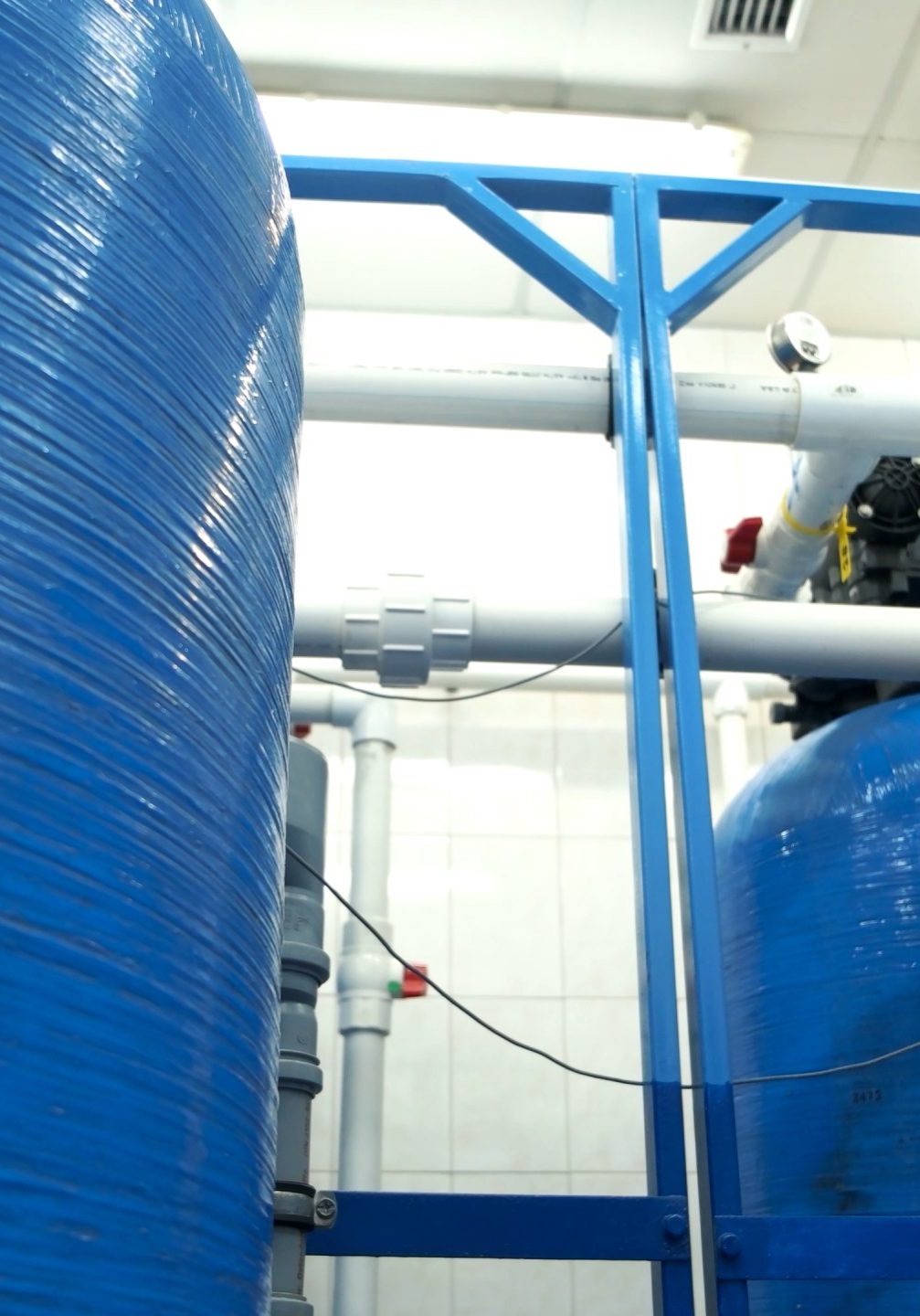Water Company

Water treatment: Water companies utilize advanced technologies and processes to treat raw water and remove impurities. This includes filtration, disinfection, and chemical treatment. By ensuring that the water supplied meets strict quality standards, they contribute to safeguarding public health.
Infrastructure maintenance: Water companies are responsible for maintaining and upgrading the infrastructure required for water supply. This includes pipes, treatment plants, reservoirs, and pumping stations. Regular maintenance and timely repairs are crucial to prevent leaks, contamination, and interruptions in the water supply.
Water conservation: Water companies actively promote water conservation practices within their communities. They educate consumers on the importance of using water efficiently and provide resources like water-saving tips and devices. Encouraging responsible water usage helps reduce demand, especially during droughts or periods of water scarcity.
Monitoring and testing: Water companies conduct regular monitoring and testing of water quality at various stages of the supply chain. This ensures compliance with regulatory standards and early identification of any potential issues. Swift action can then be taken to address these concerns and maintain a safe water supply.
Environmental sustainability: Water companies prioritize environmental sustainability in their operations. They invest in renewable energy sources, such as solar or hydroelectric power, to reduce carbon emissions. Additionally, they promote water reuse and recycling initiatives to minimize waste and protect natural water sources.
Emergency response: Water companies have contingency plans in place to respond to emergencies or natural disasters that may disrupt the water supply. These plans include measures to ensure the continued provision of safe drinking water and efficient communication with customers.


